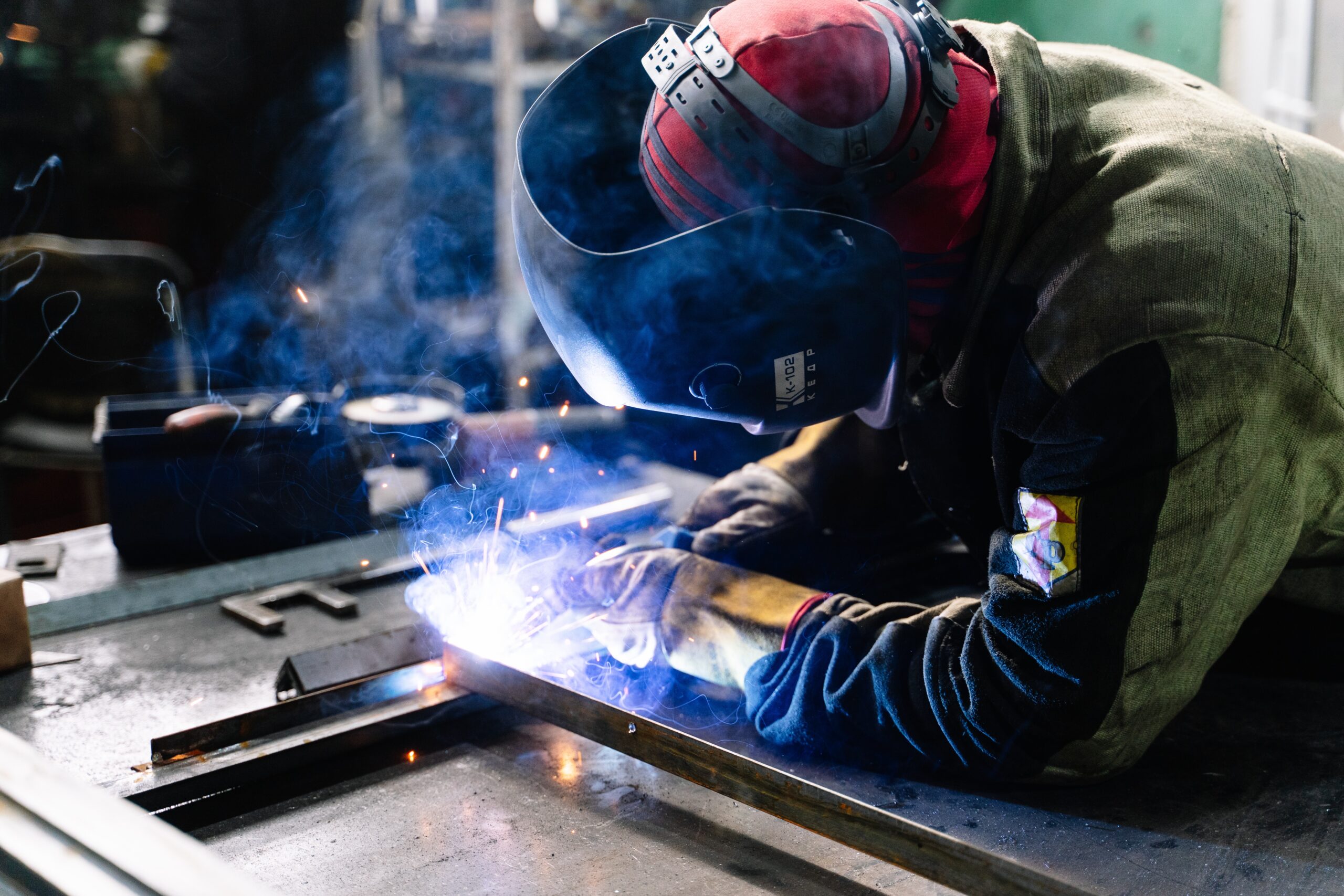
- Our Services
Technical Translations
Certified Translations
Specialisations
- Languages
- Rates
- References
- About Us
- Methods

Whether you are a production company that requires a schematic or fabrication plan translated into your local language, or you are a small business that needs to comply with safety standards, we have your language!
or Call us: +49 (0) 3375 913 0 555
Monika Chodan
We have been working with Schneiders-Sprach-Service for years. We appreciate the reliable, pleasant, uncomplicated and professional cooperation as well as the quality of the translations. They think along with us – we also appreciate that very much.
It is inevitable for companies nowadays to be faced with international communication and collaboration. From the development of a new product to the distribution, various parts are designed, built, and assembled in a multiplicity of countries. With this is mind, it's easy to see how important it is for businesses in the manufacturing industry to optimise their websites and marketing campaigns to appeal to the various cultures with which they interact.
As technology expands, the world is becoming a smaller place. Manufacturers are now moving their products across the world into new markets. This is presenting new opportunities and problems for manufacturing businesses. It is made even more difficult when businesses are becoming more location sensitive. Apart from culture norms, another issue that could arise is language. A linguistic barrier not only handicaps productivity but could also impact the health and safety of the workers. That’s why all communication and information should be clear, quick, and precise.
Manufacturing is a complex and highly technical industry that involves the production of goods on a large scale. Manufacturing companies operate in different countries and languages, which requires accurate and precise translation of technical documents, manuals, and product information. Manufacturing translations require a high degree of precision and industry expertise to ensure that the translated content is accurate and culturally appropriate. In this article, we will explore the importance of manufacturing translations, the challenges they present, and the best practices for ensuring accuracy and quality.
Manufacturing translations involve the translation of technical documents, manuals, product information, and other materials related to the manufacturing industry. These translations are critical for manufacturing companies to communicate their products and services to customers and stakeholders across different languages and cultures. Manufacturing translations require a high degree of precision and technical expertise, as they involve technical terms and concepts that require an in-depth understanding of the manufacturing industry.
Precision is critical in manufacturing translations, as even minor errors can have significant consequences for manufacturers, their customers, and stakeholders. Inaccurate translations can lead to misunderstandings, product failures, and even legal disputes. For example, a mistranslation of a technical manual can lead to incorrect assembly or maintenance procedures, resulting in product failure and potential harm to the end-users.
Manufacturing translations pose several challenges, including the complexity of technical language, terminology, and concepts, as well as the cultural and linguistic differences between the source and target languages. Manufacturing translators must be familiar with the manufacturing industry, terminologies, and cultural nuances of both languages to ensure that the translations are accurate and culturally appropriate.
Another challenge in manufacturing translations is the need for consistency and accuracy. Technical documents, manuals, and product information must be translated consistently across different languages to ensure that the information is accurate and easy to understand for customers and stakeholders. Therefore, manufacturing translators must be skilled in terminology management and adhere to industry standards and best practices.
To ensure the accuracy and quality of manufacturing translations, it is essential to follow best practices that have been developed by professional organisations, such as the International Organization for Standardization (ISO) and the European Committee for Standardization (CEN).
One best practice is to use professional translators who have expertise in manufacturing translations and are familiar with the technical terminologies and cultural nuances of both languages. Professional translators can ensure that the translations are accurate, precise, and culturally appropriate, reducing the risk of misunderstandings and product failures.
Another best practice is to use a quality assurance process that includes proofreading and editing by a second translator. This process can help identify any errors or inaccuracies and ensure that the translations are of high quality and meet the requirements of the manufacturing industry.
Finally, it is essential to use technology, such as translation memory tools and terminology management systems, to improve the efficiency and consistency of manufacturing translations. Translation memory tools can store previously translated content and suggest translations for similar content, reducing the time and cost of manufacturing translations. Terminology management systems can help ensure consistency in the use of technical terminologies and reduce the risk of misunderstandings and product failures.
The benefit of manufacturing translations is that it enables industry employees to correctly understand the product specifications required along with the quality aspects that need to be strictly adhered to while manufacturing a product. As the manufacturing translation includes various technical aspects, the translators performing the translation must know the technicalities involved in the specific manufacturing industry. Hence it is not a job that any translator or machine can do properly and should be reserved for those who possess the particular skill set.
Apart from manufacturing and production translations we happily offer a full stack of translation services when it comes to representing you, your brand or business online. As a translation agency for more than 30 years, we have translated numerous technical documents. Our team has experts in the fields of medical, engineering, legal, and financial which we are happy to not only translate but extend your existing content.